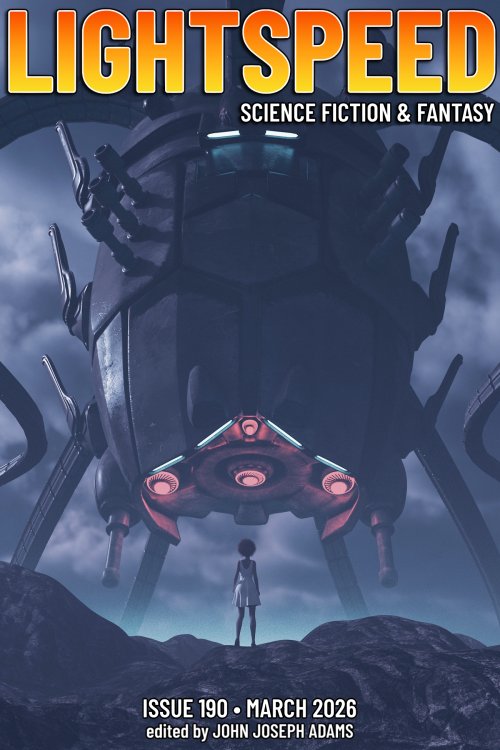Editorial
Editorial, April 2011
Welcome to issue eleven of Lightspeed! On tap this month… Fiction: “All That Touches the Air” by An Owomoyela, “Maneki Neko” by Bruce Sterling,”Mama, We are Zhenya, Your Son” by Tom Crosshill, “Velvet Fields” by Anne McCaffrey. Nonfiction: “Parasitic Puppetmasters” by Wendy Wagner, “TANSTAAFL: There Ain’t No Such Thing as a Free Lunch” by Jeff Lester, “The Many Worlds Interpretation Theory: Having Your Cake and Eating it Two, and Three, and Four…” by Brad Deutsch, “Feature Interview: Elizabeth Bear” by Erin Stocks.









